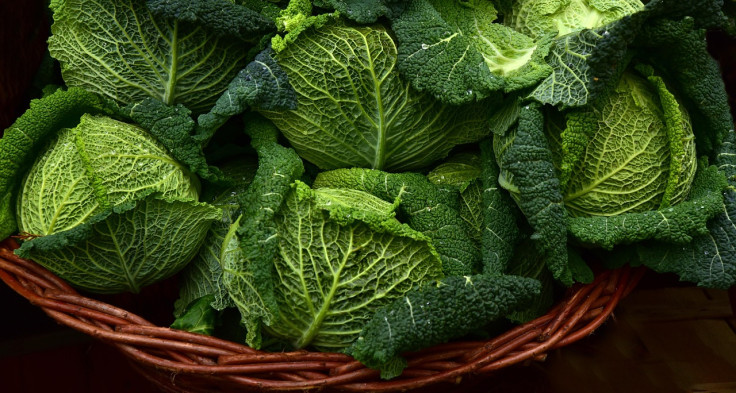Seasonal Affective Disorder: 6 Food Items To Beat Winter Blues

As the days get shorter, darker and colder, many people experience a feeling of lingering gloom. While mild "winter blues" are quite normal, when the condition affects the day to day life, and constantly interferes with a person's emotions and thoughts, it may be an underlying sign of Seasonal Affective Disorder (SAD).
SAD is a form of depressive disorder triggered by seasonal changes. About 5% of adults in the U.S. may experience the symptoms of seasonal depression, while 10 to 20% may develop a milder form of winter blues.
What are the signs?
In addition to feeling low and anxious for most of the days, people with SAD may experience unexplained fatigue, lack of energy, difficulty concentrating, carb cravings, sleep issues (oversleeping) and thoughts of suicide.
Although not common, the summer season may trigger depression in some people. They may experience symptoms such as agitation, restlessness, decreased appetite, weight loss, lack of sleep, and episodes of violent behavior.
If you notice any of the symptoms of depression, it must be checked with a healthcare provider.
What are the possible causes?
The exact cause of seasonal depression is not known. However, some researchers believe it has something to do with changes in a person's biological clock or circadian rhythm that balances hormones, sleep and mood. According to some theories, depression in SAD patients may be triggered by a lack of sunlight that regulates serotonin, a chemical in the body associated with happiness and well-being. A deficiency of vitamin D can also affect serotonin levels.
Treatment
Health practitioners use a combination of several therapies, including light therapy, the use of vitamin D supplements and antidepressant medications for treating SAD. Cognitive behavioral therapy or talking therapy is also found to be beneficial.
Food items that may help to elevate the mood
While food cannot cure depression, including certain food items in the diet can elevate the mood and beat the winter blues.
1. Leafy greens: Greens such as spinach, kale, chard, and collards are packed with vitamins and minerals such as potassium, magnesium and calcium. Including these food items helps to regulate stress hormones and the sleep cycle.
2. Fresh fruits: Including fruits rich in vitamin C such as oranges, grapefruits, lemons and limes can help relieve fatigue and improve mood. The fruits that contain folate such as cherries and dark berries are also beneficial.
3. Dark chocolate: High levels of polyphenols, an antioxidant in dark chocolates are associated with elevated moods. Dark chocolates may also help in improving serotonin levels.
4. Bananas: They contain a combination of several nutrients including magnesium, potassium, tryptophan, phosphorous and iron, making them an ideal fruit for mood lifting.
5. Nuts: Pecans, walnuts and almonds contain magnesium that helps in elevating mood, reducing fatigue and insomnia.
6. Fish: Fish such as salmon are rich in omega-3 fatty acids and vitamin D. While omega-3 fatty acid helps to improve serotonin levels in the brain, vitamin D in fish helps to compensate for deficiency in the winter.
Published by Medicaldaily.com



























